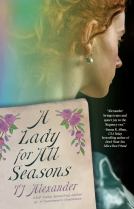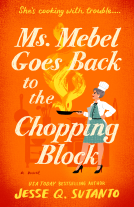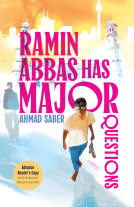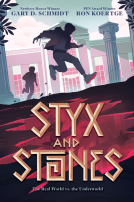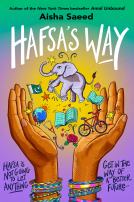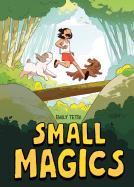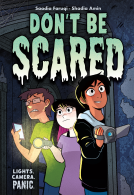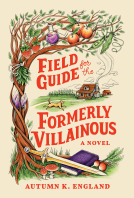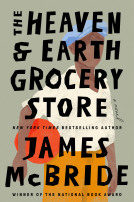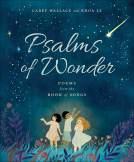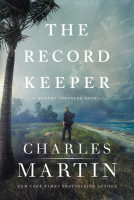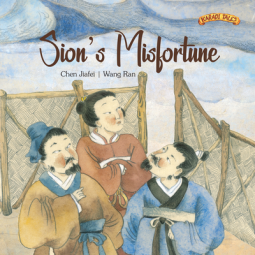
Sion's Misfortune
by Chen Jiafei
This title was previously available on NetGalley and is now archived.
Send NetGalley books directly to your Kindle or Kindle app
1
To read on a Kindle or Kindle app, please add kindle@netgalley.com as an approved email address to receive files in your Amazon account. Click here for step-by-step instructions.
2
Also find your Kindle email address within your Amazon account, and enter it here.
Pub Date Sep 01 2020 | Archive Date Mar 08 2021
Publisher Spotlight | Karadi Tales Picturebooks
Talking about this book? Use #SionsMisfortune #NetGalley. More hashtag tips!
Description
This profound folktale from China, originally retold by Chen Jiafei and illustrated by award-winning artist Wang Ran, has been translated into English.
Advance Praise
"This is nevertheless a worthwhile addition to folktale collections."- School Library Journal
"This is nevertheless a worthwhile addition to folktale collections."- School Library Journal
Average rating from 7 members
Featured Reviews
This is a lovely retelling of an old Asian folktale. The soft watercolor art work pairs well with the text. I think the kids will like this one.
This is retelling of a folktale of how misfortune can be fortunate. In this case, it looks as though Sion has lost his horse, but then the horse returns with some other horses. But, since they are wild horses, people tell him it isn't good.
But then this brings out his son, who has been shy, and he learns to ride the horses.
But, then he breaks his leg, and so everyone tells him what a misfortune it must be.
But it turns out that all the young men were drafted into a terrible war, and his son survived, because he couldn't fight.
Good story of how bad things can turn out well.
Thanks to Netgalley for making this book available for an honest review.
 Sue A, Reviewer
Sue A, Reviewer
In Sion’s Misfortune, author Chen Jiafei retells a Chinese folktale about a fortune-teller named Sion, who lives in an ancient kingdom near the Great Wall. Local villagers who have repeatedly come to him to learn about their futures have discovered that he has never been wrong.
Then a series of misfortunes begin to rain down on Sion. Each time a new disaster strikes the fortune-teller, the shocked villagers offer their sympathy and are shocked and baffled when Sion replies that this seeming disaster might be a good thing. Late in the story when Sion’s son is lying in bed, suffering pain from a broken leg, Sion continues insisting, “This could be a very good thing!” The villagers begin to believe that the fortune-teller is no longer thinking straight.
By the end of the story, Sion proves right once again.
Sion’s Misfortune is an interesting folktale told in a charming style familiar to readers of fairy tales. Wang Ran’s gorgeous color illustrations resemble ancient Chinese art and bring the people, village, and events to life. The book has much to commend it.
However, when Sion’s misfortune turns to good fortune, when he proves to be right again after all his neighbors’ fears, his luck and correctness are at their expense. His luck means tragedy for many of them. If the book’s audience focuses on that tragic turn of events, this tale may bother Western sensibilities. Nonetheless, this Eastern folktale makes its point “that misfortune could indeed be a blessing!”
Ultimately, I am left wondering whether we are to accept Sion’s final words at face value as ancient Chinese wisdom or focus on the tragic irony that one man’s good fortune may be other people’s tragedy and heartbreak.
Thanks to NetGalley and Karadi Tales Picture Books for offering me the opportunity to read and review this thought-provoking Chinese folktale.
Readers who liked this book also liked:
Autumn K England
LGBTQIAP+, Sci Fi & Fantasy
James McBride
General Fiction (Adult), Historical Fiction, Literary Fiction
